Two European allies of the United States named in the list of countries contributing to Operation Protective Edge – Italy and Spain – have announced their separation from the naval force.
The Pentagon says the force is a defense alliance of more than 20 member states tasked with ensuring billions of dollars of trade flows smoothly through a key Red Sea transit point off Yemen.
Yet half of those countries have not publicly acknowledged their participation in the alliance or given the US permission to do so. Their contributions range in size from sending a warship to sending just one soldier.
The reluctance of America’s allies to connect themselves to the effort has revealed some of the first cracks in the war in Gaza, a conflict in which Mr. Biden has shown unwavering support for Israel even as international criticism has grown.
David Hernandez, a professor of international relations at Madrid's Complutense University, said public opinion in Europe is increasingly critical of Israel and is concerned about being drawn into the conflict.
“European governments are very concerned about the possibility that their future voters will turn against them.”
The Iran-backed Houthi group has attacked or hijacked dozens of shipping vessels with missiles and drones since November 19, trying to bring international repercussions to Israel's campaign, which was launched in response to a Hamas attack on October 7.
The US, UK and French navies have all shot down a number of Houthi missiles or drones.
The US government believes the escalating Houthi attacks need to be met with an international response separate from the conflict in Gaza, a source with inside information said.
The Red Sea is the entrance to the Suez Canal, which carries 12% of the world’s shipping traffic and is vital for shipping goods between Asia and Europe. The Houthi attacks have forced some ships to reroute through Africa’s Gulf of Good Hope, increasing shipping times and costs.
Danish shipping company Maersk said on Saturday it would resume shipping in the Red Sea and the Gulf of Aden. However, Germany's Hapag Lloyd said on Wednesday it believed the Red Sea was too dangerous and would continue to route ships through the Gulf of Good Hope.
Conflict in Gaza
Although the US claims 20 countries have joined its maritime task force, it has only announced the names of 12.
“We will allow other nations to make their own declarations about their participation in this force,” said Major General Patrick Ryder.
The European Union EU has shown support for the maritime force with a joint statement condemning the Houthi attacks.
Although Britain, Greece and other countries have publicly supported the US operation, many other countries mentioned by the US have been quick to deny any direct involvement.
Italy's defense ministry said it would send ships to the Red Sea after receiving requests from Italian shipowners and not as part of a U.S. operation. The French government said it supported efforts to protect freedom of navigation in the Red Sea but insisted its warships would remain under French command.
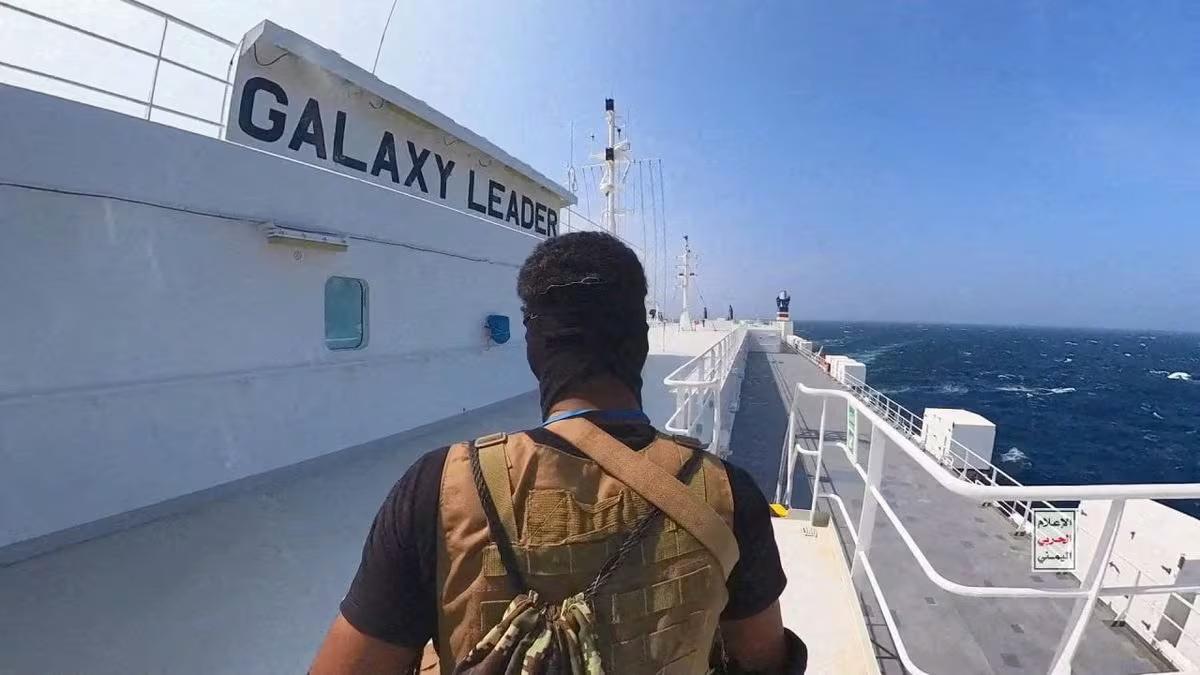
Photo: Houthi Military Media/Via Reuters.
Spain has said it will not join Operation Protect Prosperity and opposes using the EU’s existing Atalanta anti-piracy mission to protect shipping in the Red Sea. However, Prime Minister Pedro Sanchez said on Wednesday he was open to considering new missions to deal with the current problem.
Saudi Arabia and the United Arab Emirates have previously said they have no interest in joining the alliance.
The public outrage over Israel’s Gaza campaign explains the reluctance of world leaders. A recent Yougov poll found that a majority of Western Europeans – especially Italians and Spaniards – believe that Israel should halt its military operations in Gaza.
There is also the possibility that the coalition members could face retaliation from the Houthis. Rather than disagreements over Gaza, it is the risks that are keeping some countries from joining the effort, an insider said.
This appears to be the case in India, and a senior Indian military official said it was unlikely that India would join the coalition. An Indian government official said the government was concerned that joining the US coalition would make it a bigger target.
A European diplomatic source downplayed concerns about the unity of the alliance, insisting the effort was still taking shape and was not facing a breakdown. The source also said Washington’s allies were well aware of the challenges Biden faces in the United States over the Israel-Gaza war.
Need international support
In fact, many European and Gulf states have joined one of several US-led military coalitions in the Middle East, including the 39-nation Joint Maritime Task Force (CMF).
The EU's Atalanta campaign has been working with the CMF through a “reciprocal relationship”, a spokesman said.
This means that some countries that do not officially participate in the maritime task force in the Red Sea can still cooperate in patrolling with the US Navy.
For example, although Italy, a member state of Atalanta, has insisted it will not participate in Operation Protect Prosperity, an Italian government source said the US-led coalition remains satisfied with Italy's contributions.
The decision to send the destroyer under an existing mission is a method of expediting the deployment and does not require new congressional approval, the source said.
The US effort to garner international support for its security operations in the Red Sea comes as the US faces pressure from multiple sides from Iran's proxies in the region.
In addition to the Houthis in Yemen, Iran-backed militias have also attacked US troops in Syria and Iraq.
So far, the US has carried out limited retaliatory airstrikes against militias in Iraq and Syria but has refrained in Yemen.
Michael Mulroy, a former deputy assistant secretary of defense for the Middle East under the Trump administration, said the Pentagon's goal in creating a new maritime coalition appears to be to make future Houthi attacks an international issue and separate from the Israel-Hamas war.
“Once the military vessels of Operation Protective Edge begin protecting commercial vessels and are attacked, (the Houthis) will be considered to have attacked the entire coalition, not just the United States.”
Nguyen Quang Minh (according to Reuters)
Source



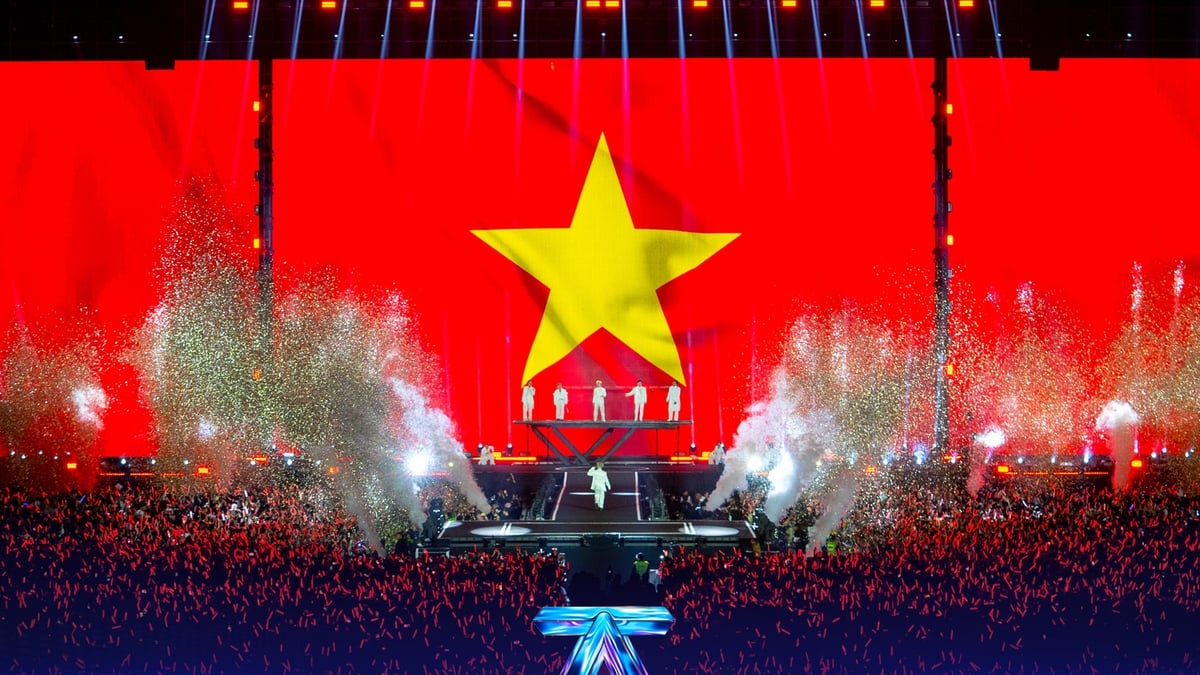




















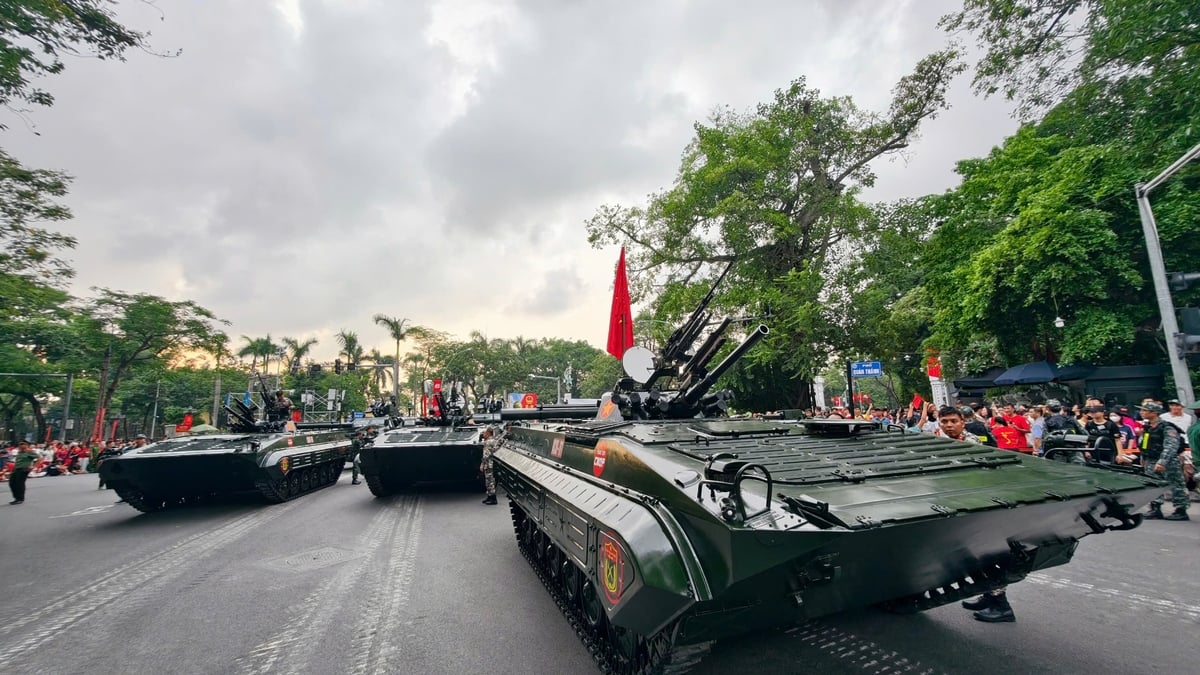





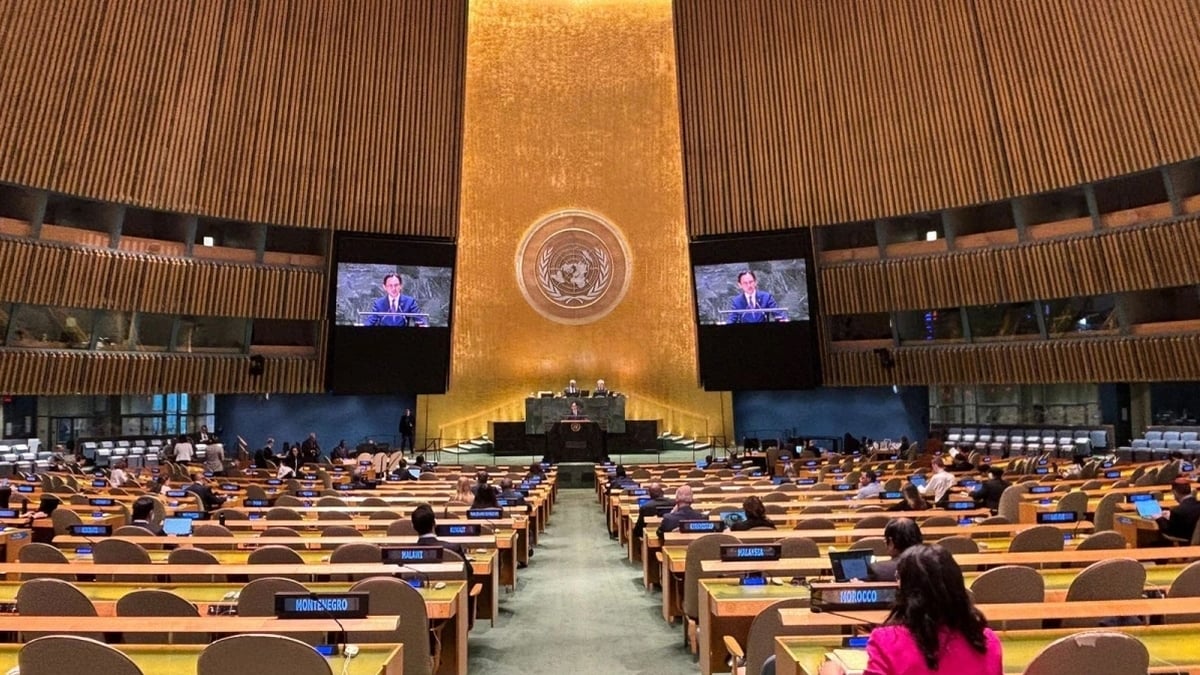
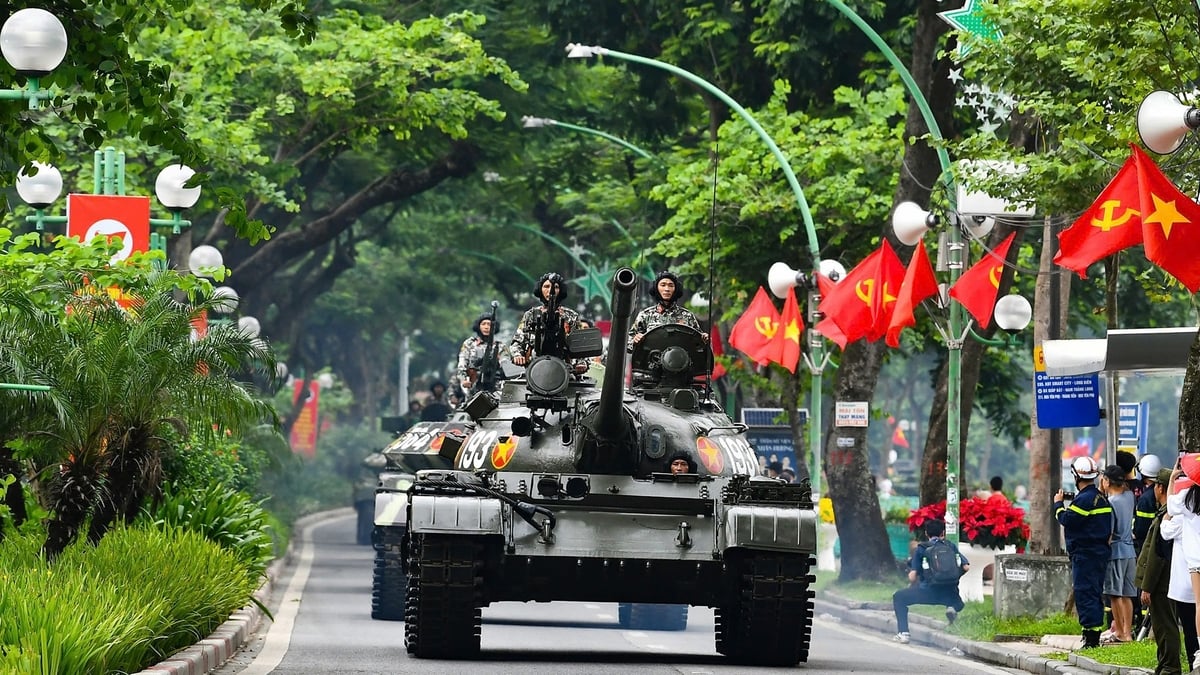




































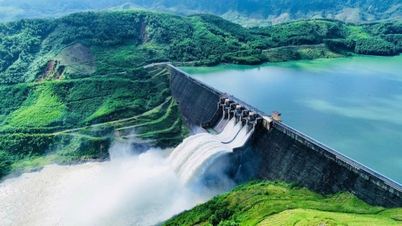
































Comment (0)